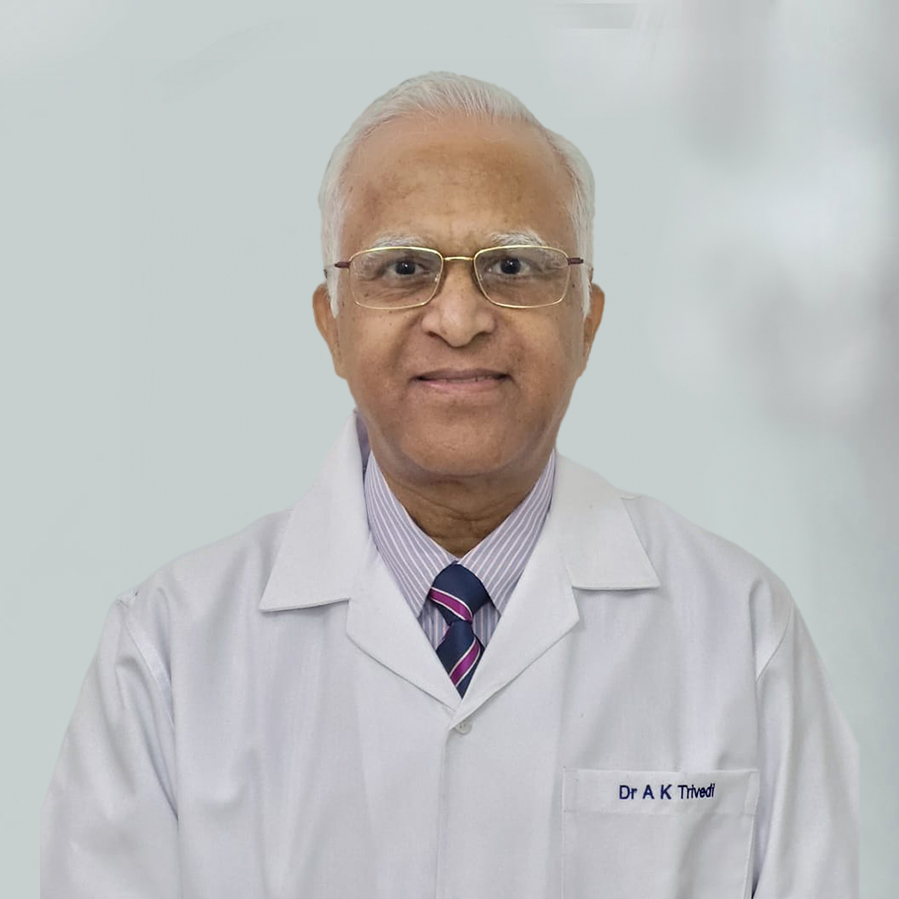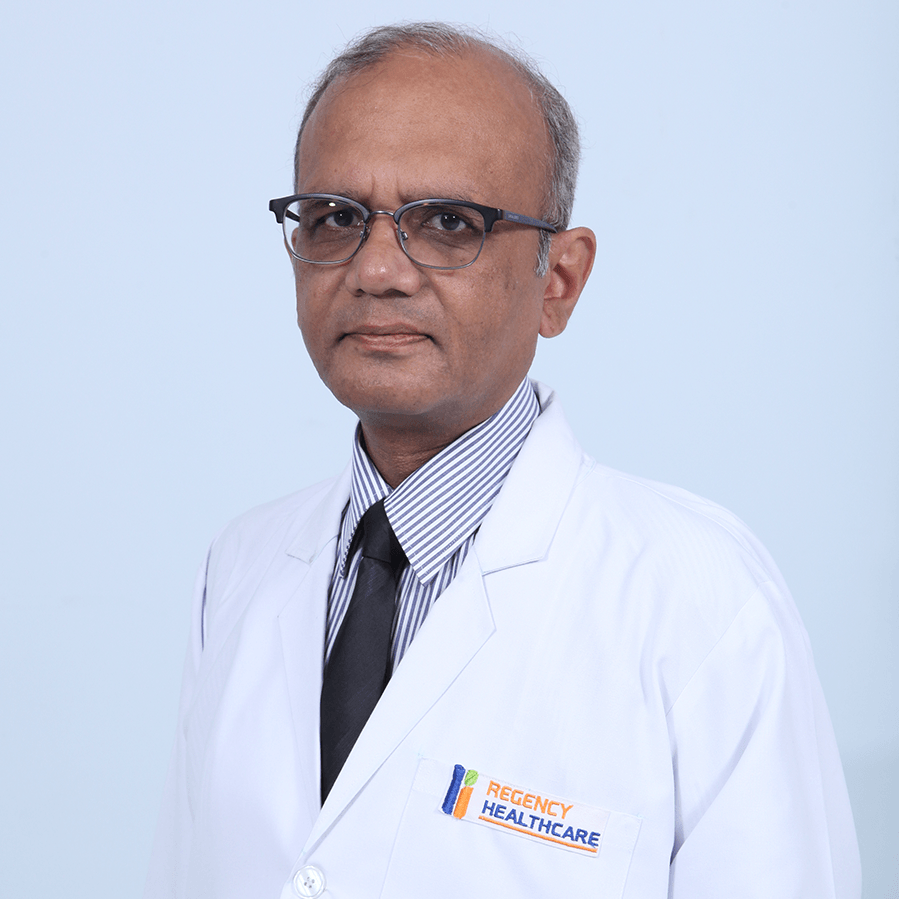Cardiology
For any Cardiac Emergencies call us at our dedicated number: 9511197086
Our Top Ranked Team Of Experts
Dr. A.K. Trivedi
Dr. Abhinit Gupta
Dr. Alok Tondon
Dr. Harsh Agarwal
Dr. Shashank Tripathi
Dr. Sushil Yadav
Numbers of Excellence
Committed Staff
Trusted Patients
Years of Experience
Beds
Super Specialists
Patient Testimonials
Frequently Asked Questions

- What does the cardiologist do?
- How do I know if I need to see a cardiology doctor?
- What are some factors that put me at risk for cardiac problems?
- If I’m concerned about my risk for heart disease, when should I see a cardiology doctor?
- What can I do to support my heart health?
A cardiologist is a medical professional who assesses and treats disorders of the heart or blood vessels. They perform a physical evaluation and suggest tests such as EKG and echocardiography to evaluate the results and develop a course of action. Cardiologists deal with a wide range of cardiac conditions, including heart attacks, arrhythmias, and hypertension, among many others.
Consider visiting a doctor specialised in cardiology if some of the following symptoms are experienced:
- chest discomfort
- breathlessness
- faintness or dizziness
- abnormal heart rhythms
In this case, the doctor will suggest that you perform some tests due to the presence of risk factors, such as a family history of heart disease, high BP, diabetes, or high levels of cholesterol.
Numerous causes would predispose an individual to cardiac problems, including:
- Obesity
- Lack of activity
- Smoking
- High Blood Pressure
- High cholesterol
- Diabetes
- Coronary artery disease
Also, age and sex are factors, as males are more at risk than women. Adopting a healthier lifestyle is more suitable for addressing all these risk factors.
For the possible risks of heart disease due to certain risk factors or family history, it is recommended that you visit the best cardiologist in Kanpur or Lucknow once annually or as suggested by the doctor. Early assessment may help reduce the risk of exposing therapeutics or any preventive measures. It’s also essential to have these visits regularly if you have other diseases like high blood pressure or diabetes.
One must focus on a balanced diet consisting of many vegetables, fruits, whole grains, and lean meat while avoiding saturated fats and sugar. It is equally important to engage in regular physical activity. In addition to this, one is advised to stop smoking, practice stress relief techniques, and keep their body weight under control.
Book Your Visit

 Call-an-Ambulance
Call-an-Ambulance









